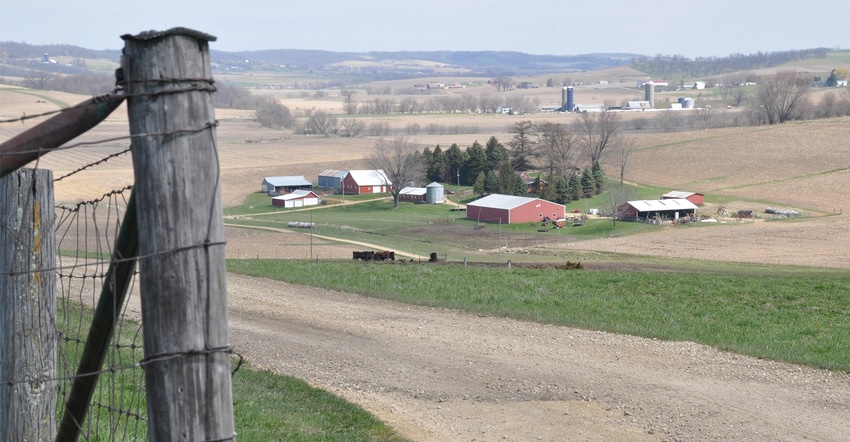November 9, 2018

In recent columns, we analyzed legacy planning and reviewed the foundational three-step strategy to accomplish your estate planning goals effectively. At the end of the three steps (develop, commit, secure), I asked, “Is your planning done as soon as the estate is in the hands of your heirs?”
Most likely, your heirs will receive the bulk of your estate upon your death. If your estate planning continues in some way thereafter, does that mean after your demise you are still calling the shots — that you don’t trust your children? Most people say they do not want to control from the grave, but they also want their farm to succeed into future generations.
Is there a conflict between the goals of letting go of control and multigenerational planning? These questions go to the heart of where legacy planning and the practical process of estate planning intersect. The short answer is, “No, there is no conflict.” Your goal can be the long-term success of your farm, and planning for that does not require you to control from the grave.
In an obvious sense, once your estate passes into the hands of your heirs, you will have done all you can; you will be dead! But as of that moment, your goal has not yet been accomplished. The heirs got your estate, but only time will tell whether it is going to last. So, what can you do, for the rest of your life, to accomplish the multigenerational goal? For your farm to succeed for generations, you must consciously plan in two ways: visionary and technical.
Visionary planning
Face it; once the heirs have your farm, you won’t be here to lead with your wisdom, experience and priorities. So while you are living, you must be intentional about giving your successor experience with the day-to-day management of the farm while he or she has you as a mentor. Communicate openly about the decisions to be made and the basis for those decisions. But vision goes far beyond that.
When you are gone, your love of the land, spirit of independence, faith in God and satisfaction from work well done will no longer be the driving forces that keep everything going. Your farm won’t succeed long term unless someone younger has embraced those values. Passing your values to your heirs is a lifelong process of living the farm life with joy, peace and satisfaction. Do your loved ones get to see your joy when things go well, your quiet resolve when obstacles arise, and your confidence that the worst day on the farm is still better than the best day in a city job?
Your children should sense your spirit, but they can’t read your mind. It is important that you share your thoughts along the way. Don’t preach though! Children don’t adopt values that way; they catch your values because they see them as good.
If your children embrace your vision, the most important battle is won. But you still need to put the technical plan in place.
Technical planning
Your legal plan should minimize all forms of taxes and estate transfer expenses, of course. But design the plan to give all heirs every possible advantage. If your goal is for the farm to succeed long term, protect it from catastrophes such as lawsuits and divorces by leaving it in asset-protection trusts. Each heir can still control what he or she receives: buy, sell, borrow and reduce income taxes while the assets remain protected. Such trusts give your heirs more tools for ongoing success, but do not tie their hands.
Protect the successor-farmer without leaving out your other kids. Reward the nonfarming heirs as they cooperate with the farmer. Ensure that they still have some freedom with their inheritance. For instance, your land is your largest asset. Don’t just give a child a life estate; that will limit their inheritance to land rent and foster permanent resentment, not the happy, extended farm family of your hopes and dreams. Instead, build in opportunities to sell, with rights in favor of heirs who naturally will want the property. Don’t force anyone to do anything. Use the carrot instead of the stick.
If you successfully instill in your heirs your vision and values, and you equip them with flexible legal tools that promote family harmony, you will have done everything possible to ensure that your farm succeeds for generations to come. Then the next generation will continue your planning and carry on your legacy. You won’t need to control from the grave.
Ferguson is an attorney who owns The Estate Planning Center in Salem, Ill. Learn more at thefarmersestateplanningattorneys.com.
About the Author(s)
You May Also Like






